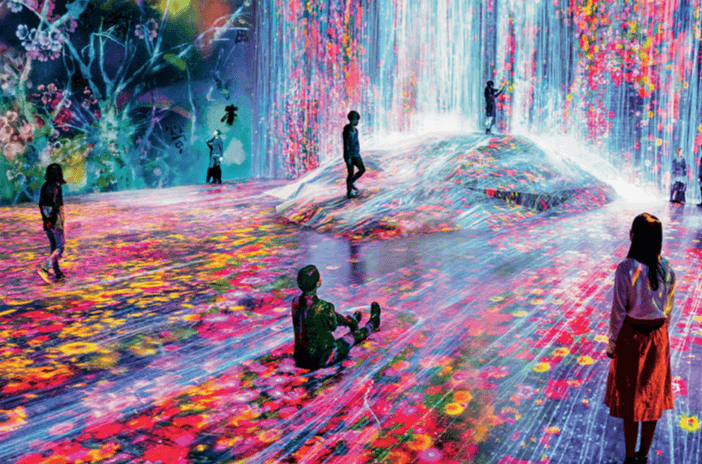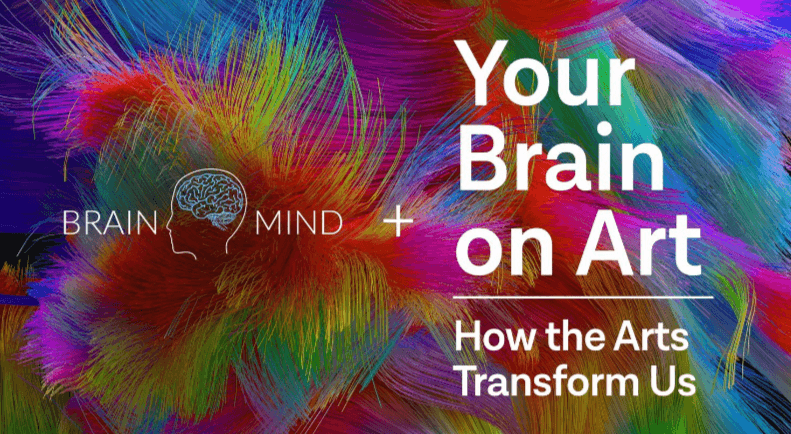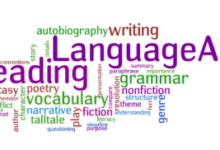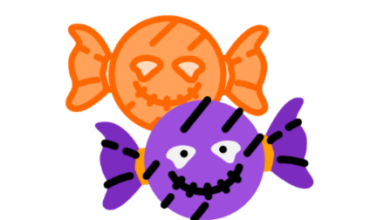Your Brain on Art: How the Arts Transform Us

The Your Brain on Art: How the Arts Transform Us and neuroscience reveals a profound relationship that shapes our cognitive and emotional landscapes. Engaging with artistic expressions activates intricate neural networks, fostering creativity and enhancing emotional resilience. These transformations are not merely anecdotal; they are supported by a growing body of research that highlights the myriad benefits of artistic engagement. As we explore the science behind these changes, one must consider how these insights can be practically applied in our daily lives. What implications might this have for our personal and societal well-being?
The Science of Creativity
Creativity, often regarded as a hallmark of human cognition, is a complex neurobiological phenomenon that has garnered significant attention in recent scientific inquiry.
Neuroscience creativity research uncovers the brain’s intricate networks involved in idea generation, while art therapy leverages this understanding to enhance cognitive flexibility and emotional expression.
These insights reveal how artistic engagement can stimulate neural pathways, fostering innovative thinking and personal freedom.
Emotional Benefits of Art
Art serves as a powerful conduit for emotional expression, significantly impacting mental well-being.
Research indicates that art therapy facilitates creative healing, providing individuals with essential tools for stress relief and mood elevation. Engaging in artistic activities encourages personal reflection, allowing for deeper emotional exploration and understanding.
Consequently, these processes promote resilience and enhance overall psychological health, underscoring the profound benefits of integrating art into daily life.
Art and Cognitive Development
Engaging in artistic activities has been shown to significantly enhance cognitive development across various age groups.
Research indicates that participation in art fosters improved visual perception and stimulates critical thinking skills.
Additionally, artistic expression encourages problem-solving abilities and enhances memory retention.
These cognitive benefits underscore the importance of integrating art into educational frameworks, promoting a holistic approach to intellectual growth and personal freedom.
Read Also Street Art:52iqerzlhiq= Alphabet:Ubdj5xzryhq= Graffiti Letters

Practical Ways to Engage With Art
Participating in artistic endeavors not only enhances cognitive development but also provides numerous practical avenues for individuals to immerse themselves in the arts.
Engaging in community involvement fosters art appreciation and encourages artistic collaboration. Hands-on activities, such as workshops, promote creative expression, while cultural immersion facilitates visual storytelling.
These immersive experiences allow participants to explore diverse perspectives, enriching both their understanding and personal growth within the artistic realm.
Conclusion
In summary, Your Brain on Art: How the Arts Transform Us engagement with art catalyzes profound transformations within cognitive and emotional domains, enhancing creativity and fostering resilience. As the adage states, “Art is the most beautiful of all lies,” it underscores the capacity of art to reshape perceptions and experiences. This transformative process not only enriches individual cognitive development but also serves as a vital conduit for self-exploration and emotional expression. Consequently, the integration of art into daily life emerges as essential for holistic personal growth and mental well-being.






